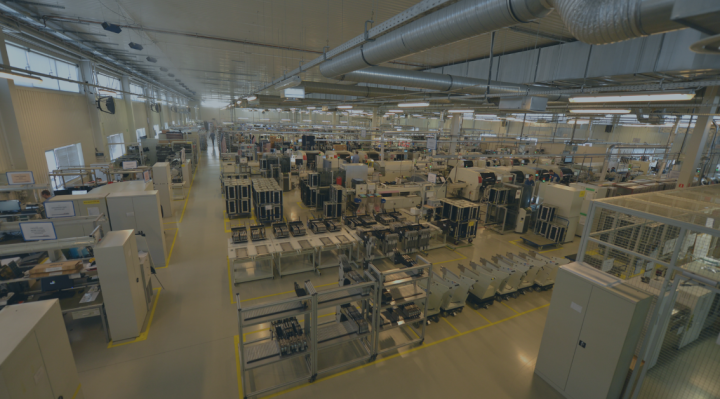In the following text we are going to analyse a DFM (Design for Manufacturability or Design for Manufacturing) approach in the context of a production process and its role in the electronics production services.
In short, DFM is a process in which parts are designed taking in account the specification of a whole production process that is used for their manufacturing. In this approach materials and necessary production processes are selected at the stage of design. In case of the materials selection the price plays an important role. An engineer responsible for the production an element should, therefore, select parameters so that they are optimal for manufacturing of a product.
The benefits of the design for manufacturability
There are certain reasons for the DFM approach to be applied in the electronics production services. Its advantages are noticeable for both a customer and an EMS provider. The EMS provider is usually a support for the customer from the stage of product concept and design preparation to its placing on the market.
Which benefits should be listed as the key ones then?
1. Restriction on introducing changes.
Taking into consideration a whole production process, the risk of necessity for introducing any changes is minimized at an early stage. As a result, the costs of possible corrections and modifications in the process of manufacturing are reduced.
2. Costs saving.
Every subsequent engineering change implemented in the process of production carries the costs with it. It is far better, then, to devote more time to the project stage in order to proceed smoothly with manufacturing – without losing financial resources on the purchase of extra materials or postponing the deadline for placing a product on the market.
3. Faster marketing of a product.
This results directly from the reduction of the number of necessary corrections implemented in the manufacturing process. If a product is designed in the optimal way for the manufacturing purpose, it can be placed faster on the market and, consequently, bring income.
4. High efficiency of end products.
At the design stage engineers have access to tools which enables them to analyse particular components mounted onto a printed circuit board. It facilitates finding faults which could be difficult to identify. The design for manufacturing allows to avoid such faults or minimise their number.
5. Support of the EMS provider’s team of engineers.
Choosing the electronics manufacturing services, customers receive the support from a team of engineers who assist them from the product design stage. Therefore, engineers can redesign the product in such a way that allows cost optimisation. What is more, they implement all necessary engineering changes with the use of highly-developed test systems which enable them to refine a component before introducing it into the production. As a result, both customers and producers benefit from it in terms of time and financial resources.







